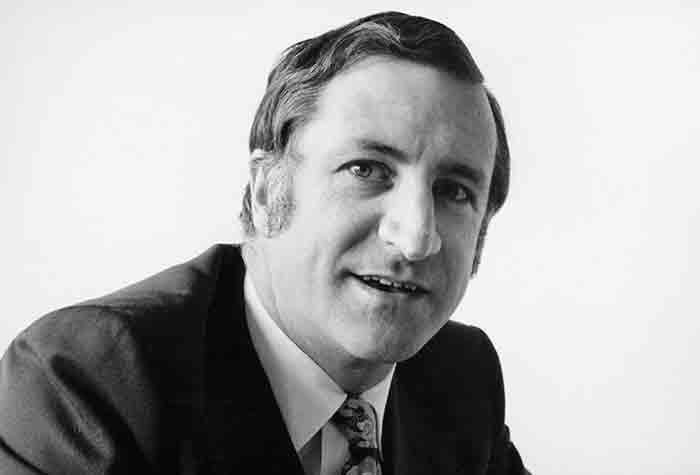Risk-Taking Teaches Important Lessons
When Cargill’s TRADAX team experiences a setback in the early 1970s, trader Huub Spierings relies on the company’s core values to persevere.
January 01, 2015
Smart, measured risk-taking has always been critical to Cargill’s success. Whitney MacMillan, who served as the company’s CEO from 1977 to 1995, remembers learning important lessons about strategic risk during his first years working at Cargill. “One of the wonderful things [my mentors] did, was they always permitted me to make a mistake,” he explained. “That is, in fact, how you learn. You learn by failing, not by being successful.”
The story of Cargill employee Huub Spierings is a strong example of the company’s commitment to collectively learning from mistakes. Spierings was a member of Cargill’s TRADAX team, a business that was originally established to manage Europe’s imports from North America. He worked as a grain trader during the early 1970s, which proved to be a ¬difficult decade for TRADAX as it expanded into new international markets.
“You learn by failing, not by being successful.”
— Whitney MacMillan, Chairman and CEO of Cargill
In 1972, Spierings’ team carefully analyzed the wheat market before making a number of risky trades they hoped would pay off. Unfortunately, the market took a downward turn, leaving Spierings with no choice but to contact his supervisor, Leonard Alderson, and explain an unexpected loss.
Anticipating he would be penalized or fired from the company, Spierings told his manager the story in full. To his surprise, Alderson, TRADAX’s director and head of trading, refused to place blame. Instead, he explained that the situation was a symptom of the market’s up-and-down nature and said they would weather the storm as a united team. “Alderson wondered if the market would come back and told me I should sit steady in the boat,” Spierings recalled. “He said, ‘I will make sure you have enough to manage this position properly…this is not just your concern. This is our concern.’”
 [image caption] Leonard Alderson, Spierings’ supervisor, reinforces Cargill’s values of honesty and support, insisting that the team face obstacles together.
[image caption] Leonard Alderson, Spierings’ supervisor, reinforces Cargill’s values of honesty and support, insisting that the team face obstacles together.
Alderson’s calm reaction to the crisis created a lasting bond between the two men. For Spierings and his team, it reinforced the power of Cargill’s deep-rooted values, such as honesty and employee support, and helped inspire his continued growth within the company. Spierings went on to assume a variety of leadership roles before becoming president of Cargill Europe in 1997. In 1999, he joined the company’s Corporate Leadership Team (CLT), further proving that a willingness to take smart, measured risks is a leadership quality Cargill holds in high regard.
Today, the company emphasizes these same principles of honesty and support to promote an open, positive environment, which encourages employees to take the chances that continue to push Cargill forward to best serve its partners and customers.
